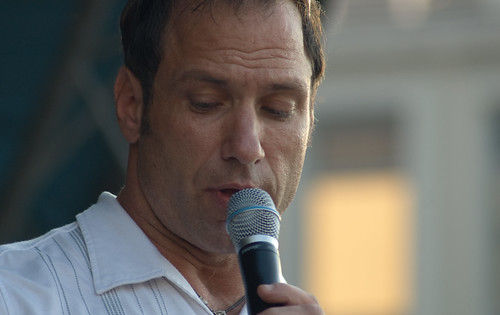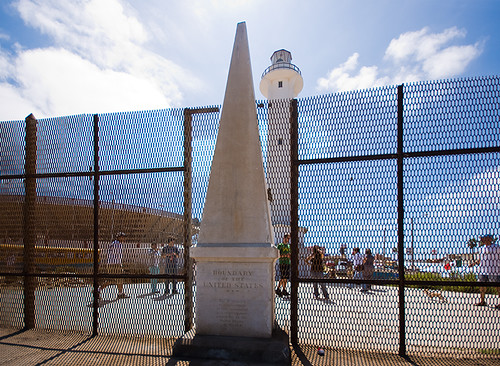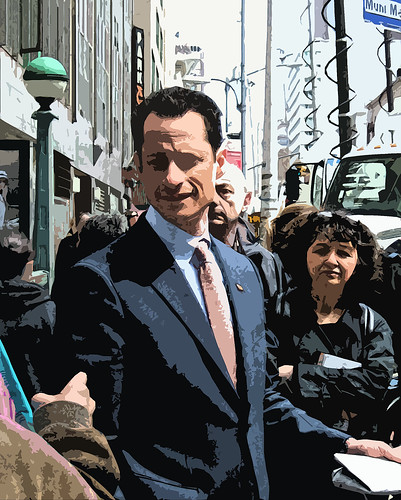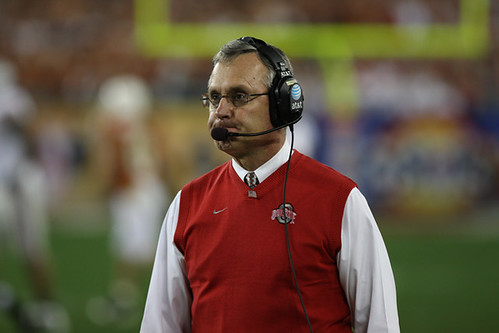When Jim Tressel was hired as the football coach of the Ohio State Buckeyes back in 2001 I was not happy at all with the hire. You see, I'm a lifelong Michigan fan and having lived in Ohio for several years during the John Cooper era, I was quite happy with the arrangement. Every year the Buckeyes recruited extremely talented athletes and achieved a high national ranking but somehow managed to lose to the Wolverines in late November.
It worked well for the Maize and Blue. But then Cooper was fired and Tressel was hired. I lived in northeastern Ohio at the time, not too far from Youngstown State where Tressel was the coach, so I was aware of the success that he had achieved in Youngstown. He had won multiple national championships at the I-AA level and was greatly respected in the state. Shortly after being introduced as the new coach, Coach Tressel said this to the crowd at a Buckeyes basketball game:
"I can assure you that you will be proud of your young people in the classroom, in the community, and most especially in 310 days in Ann Arbor, Michigan, on the football field"
I immediately thought to myself, "Oh, no. This guys 'gets it.'" Growing up in the state of Ohio as the son of a football coach and spending some time as a Buckeyes assistant helped ingrain in Tressel the importance of the Michigan rivalry. He understood it in a way that his predecessor did not and he grasped its importance in a manner that his future rival, Rich Rodriguez, did not either.
So as the wins over Michigan mounted and the major bowl game appearances became common occurrences, I'm sure the pressure for Tressel's teams to perform at an even higher level only grew. An outspoken and respected Christian, Tressel has been quite revered within the circles I run in as a spiritual leader of high integrity and impeccable morals. But as so many other coaches have chosen to do, he compromised his integrity in order to win football games.
I do not judge Tressel's motives for I've never walked in his shoes. I'm sure that he rationalized his behavior as attempts to protect young men that he was trying to help steer in the right direction in life. Perhaps he was being honest when he said that he was unsure of who to tell when learning of the gravity of what some of his players had been involved with. But in many ways, I think the NCAA operates like a parent. You may get in some trouble for doing something wrong but the lies to cover it up will make the punishment even worse.
So it seems to be the case with Jim Tressel. According to an
expose from Sports Illustrated, Tressel's pattern of questionable conduct goes back to his days at Youngstown and even to his time as an assistant at Ohio State. Even with that knowledge, I still tend to view Coach Tressel as a good man that made some poor decisions in a profession with daily opportunities for compromise. But, of course, which of our occupations does not allow for frequent temptations to lie, cheat, steal or engage in other forms of dishonesty?
I am saddened that Tressel's tenure at Ohio State ended the way that it did. I'm disappointed that another Christian leader has opened himself up to charges of hypocrisy and fraud. He had multiple opportunities to tell the truth, but chose to be less than forthright and, in some cases, deceitful. But I am choosing not to make light of this situation. I look at the Michigan/Ohio State rivalry as the greatest in college athletics and I certainly have my fun with it. But I view it in a friendly and playful manner and making fun of the current situation, in my opinion, would not be friendly.
As mentioned, Tressel once promised Buckeye fans that they would be proud of their team in the classroom, in the community and on the field. While there has been much for them to be proud of during Jim Tressel's tenure as coach (and make no mistake about it, he has done a lot of good in a lot of people's lives), this should be a caution for all of us to be careful about placing our leaders on pedestals of perfection. Even the best of them will fail us.
College football is a big-time business with millions of dollars on the line. But there are more important things in this life than making money and winning football games. Honesty, integrity and character still matter and these same traits can be displayed in our own lives when those we believed in have failed us.
I leave you with this quote from a former Buckeye assistant coach:
"When your team is winning, be ready to be tough, because winning can make you soft. On the other hand, when your team is losing, stick by them. Keep believing." ~ Bo Schembechler












